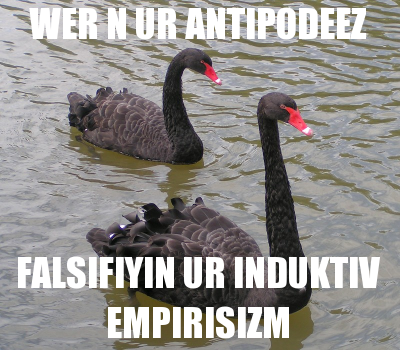Is digital literacy ‘in crisis’?
Sometimes, juxtaposition is all that’s required.
Bennett, et al. (2008) The ‘digital natives’ debate – a critical review of the evidence (BJET, 39:5, pp.775-786)
Cohen’s (1972) notion of a ‘moral panic’ is helpful in understanding the form taken by the digital natives debate. In general, moral panics occur when a particular group in society, such as a youth subculture, is portrayed by the news media as embodying a threat to societal values and norms. The attitudes and practices of the group are subjected to intense media focus, which, couched in sensationalist language, amplifies the apparent threat. So, the term ‘moral panic’ refers to the form the public discourse takes rather than to an actual panic among the populous. The concept of moral panic is widely used in the social sciences to explain how an issue of public concern can achieve a prominence that exceeds the evidence in support of the phenomenon (see Thompson,
1998).In many ways,much of the current debate about digital natives represents an academic form of moral panic. Arguments are often couched in dramatic language, proclaim a profound change in the world, and pronounce stark generational differences. (p.782)
Susan Murphy, Digital Literacy Is In Crisis (2011):
The solution to this crisis begins with teachers, and this is where the gap widens even more. Teachers are in a terrible predicament, because they are in a position where they’re still trying to figure this stuff out themselves. The Web is still so young. None of us has more than 15 years of experience at it. The technology, trends, and philosophies behind the Web change at lightning speed. Teachers are simply not equipped to bridge the gap of digital literacy, because they have fallen into the gap.
(emphasis in original)




